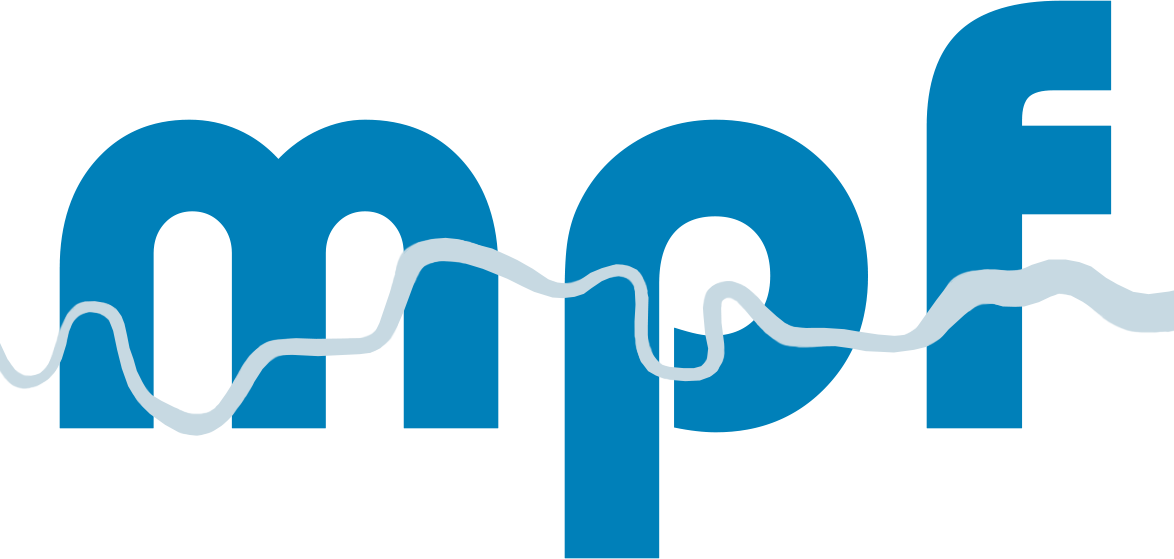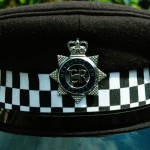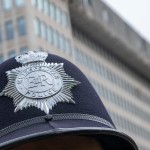Q: Why did you want to become Chair of the Metropolitan Police Federation?
A: To make a difference. I think that’s why every officer joins the police service and being the Chair of the Federation I can have a bigger impact on our members and do what’s right for officers. We need to rebuild trust and confidence in the Federation. Get out there to our members. Look at pay progression. I’ve worked in policing for 21 years; now I hope I’m in a position where I can have conversations with senior leaders to influence the decisions that have the greatest impact on officers.
Q: Give us a brief history of your policing career to date?
A: I joined the Metropolitan Police in 2004, as part of the response team in Lewisham, then I moved to Greenwich on promotion as a Sergeant on response team. I worked in neighbourhoods for a while and have done public order policing as a Sergeant and Inspector. I worked on public order event management, including protests and the Notting Hill Carnival. I was part of the Bridges’ command team for the Queen’s funeral and I’ve been a Federation Rep for 14 years.
Q: How are you going to use that experience in your new role?
A: Over the years of working with officers of all ranks I’ve made lots of connections. I’ve managed my own teams in neighbourhood policing, I’ve worked up in central London, and I know how hard officers work. I see the challenges they face every day because I’ve lived them as well. A real motivation for becoming Chair is that I can be the voice of the officers.
Q: How do you plan to connect with the membership?
A: Over the first six to 12 months, I’m going to get out there and meet our members so they know who I am, and then I can take their messages forward. I’ll speak to officers, senior leaders, OCU Commanders, and find out what they need from the Federation. I think what the Federation does really well is supporting officers and looking after them when they’re subject to a process, whether it be misconduct, gross misconduct, UPP or UAP. But where we’ve been less good is in getting officers’ feedback up to the management board. It’s a massive organisation but we need to be better at that.
Q: What are you most looking forward to in your new role?
A: Influencing decision-making and challenging some of the decisions that are being made by management board. We all know that officers don’t get paid enough and we’re in a time of crisis, so we need to have those really constructive conversations. Another example is that every year we have issues with the Notting Hill Carnival and officers’ welfare, so we need to make that a better experience for officers; we’ll explore the contacts and networks we can forge to do that. It’s also key that we maintain close connections with the Police Federation of England and Wales, as we are the biggest Federation branch in the country. We are united on getting better pay: we all want what’s right for our officers, and that is pay that’s fair and in line with other public bodies and sectors in the country.
Q: Lastly, why do you love being a police officer?
A: Every day is different. Every day you come to work and you can have a really good day, a really bad day, but one positive interaction with somebody can make a huge difference in their life. We are that first line and last line of defence. This should be one of the best jobs in our society. You either want to be a police officer or you don’t, and those of us who put on that uniform every day do it to make a difference, to help people, and do the best that we can in whatever situation that we find ourselves in.












